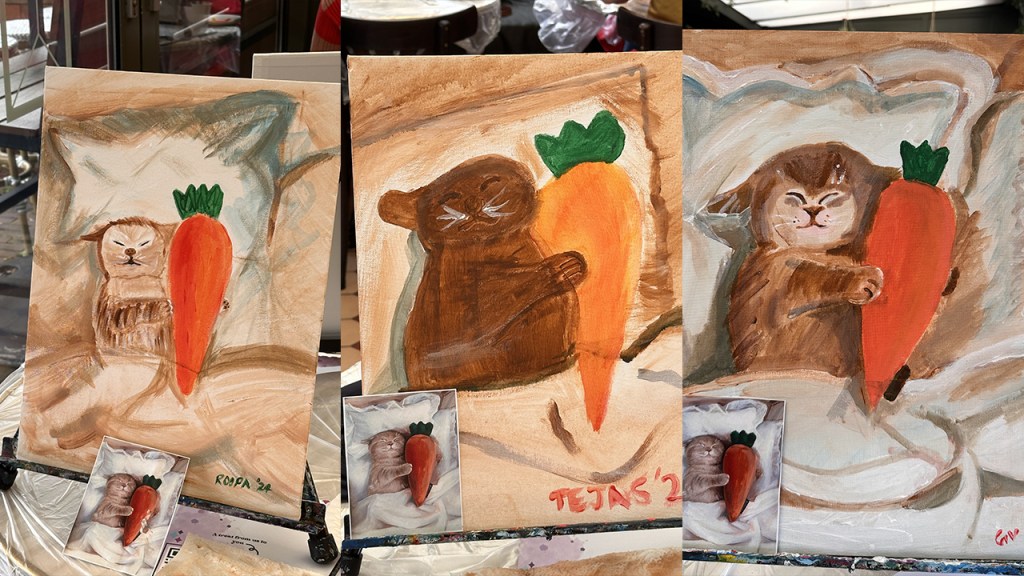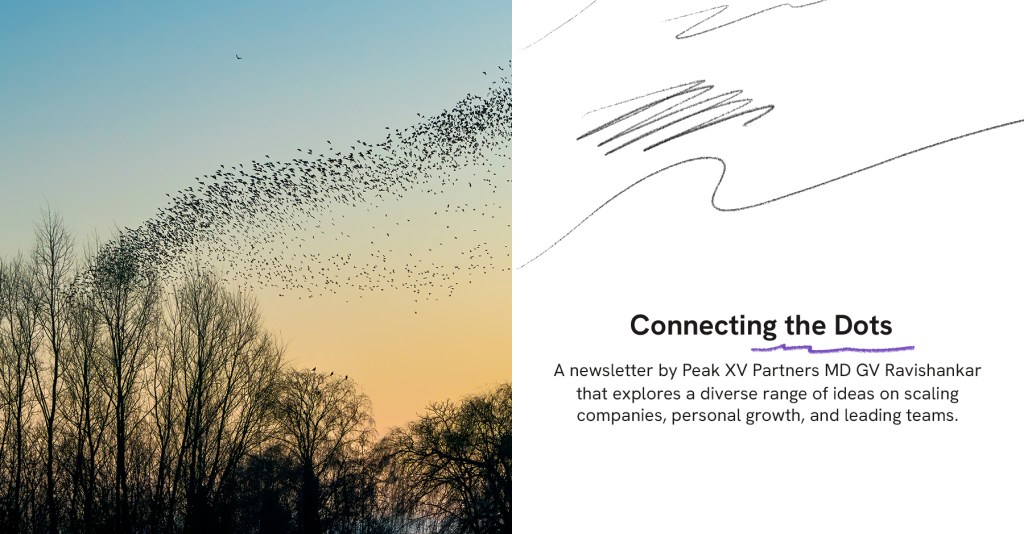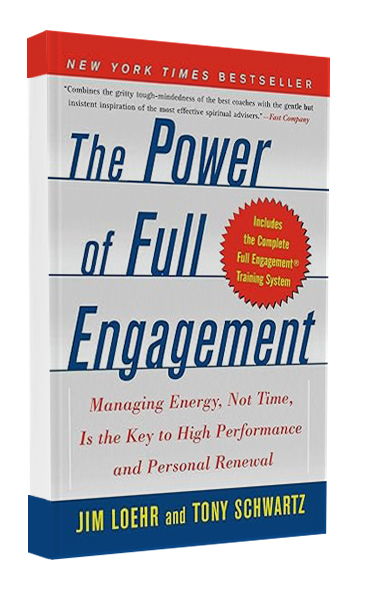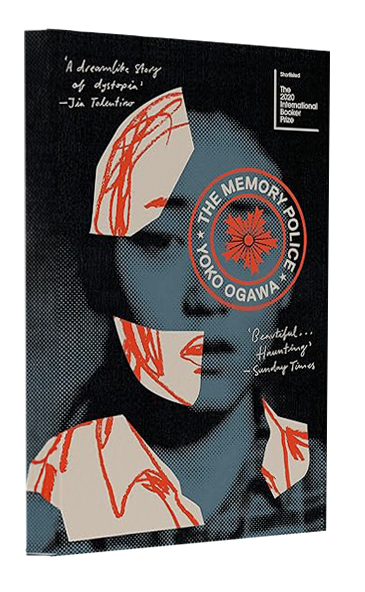Winner’s Curse and How to Know What We Really Want
ByGV Ravishankar
PublishedAugust 7, 2024
If you do believe you know how to get what you want, how do you ensure you want something that you won’t regret getting?
My father-in-law’s favorite quote was, “The irony of life is that you get what you want.” I will be honest—this didn’t make much sense to me. Why would we regret getting what we want? I used to think about it a lot and mostly disagreed with it. It was only much later that I came to appreciate what this really meant, or at least what it means to me now, much after he has reached the heavens. I call this irony the winner’s curse, not defined in the conventional sense of having overpaid for something but just as something you have to live with because you wanted it so much. And when you get it, you aren’t happy with it.
We discussed Cadmean victories a few newsletters ago, where we talked about how we should be focused on getting what we want versus winning for the sake of winning. What we did not address then was how do we know what we really want? And if you do believe you know how to get what you want, how do you ensure you want something that you won’t regret getting? How do we best avoid the curse of winning? Let’s attempt to understand how we can make better decisions around what we should want to want.
First, a small digression. On a recent vacation, our family signed up for an art workshop. After two hours of trying hard to paint a cute cat with an orange carrot, the three of us had end products that looked like amateur paintings but none that particularly looked as cute and emotive as the picture we were using for inspiration. Since we couldn’t agree on which one of us had a chance to be a future Rembrandt, we decided to do an audience poll in our extended family’s WhatsApp group.
The feedback started pouring in, with people asking if it was an owl with a carrot or why the cat looked angry. The only silver lining was that there were no disagreements on the carrot! You can see the image below and pick your favorite.

One of us did win the poll, and for a full 90 seconds (that’s how long emotions last on average) felt so joyful that said person made plans to go to an art store to double down on this newly discovered talent. There was even a discussion on what painting as a full-time pursuit could mean to the future self.
A timely reminder about ikigai made it clear that what you love may not be a sufficient condition on its own to pursue as your calling. There are three other things that need to fall into place: what the world needs, what you are good at, and what you can be paid for. In our case, the answer was clear—no one needed another amateur painter, and we certainly won’t have any takers for our paintings. So we quickly moved on to hunt for the best dessert in town and this is something we are really good at!
This long story was to bring us to the concept of projection bias or affective forecasting in behavioral science, which talks about how we overestimate how much pleasure we will get from a certain event or decision and how we end up wrongly projecting our current emotional state to what we are likely to experience in the future. This affects how we decide what we want. It also has some clues to a framework we can use when deciding what we should truly want and work towards.
Some of the biggest decisions in life are our career choices and our choice of spouse, as the quality of these decisions impacts our emotional state. Both these decisions can fall victim to affective forecasting.
We meet someone, instantly feel attracted to them, and decide this person should be our life partner based on how they look, how they make us feel, and what interests we share. And when we make decisions based on these things, we think we’ve got what we wanted. But several years later, we may not be sure if this was the right decision. The pleasure that once came from matching your favorite colors and cuisines pales in front of the magnitude of the disagreements on value systems, how they get along with your family, and the attitudes towards contributions to running the home.
Consider this scenario: You dream of a job in investment banking because you thought you loved losing yourself in Excel models and thought your analytical skills were excellent. You get placed on Day Zero at your management school in the bank of your choice, and a few years later, it starts feeling like a nightmare when you move up the ladder and all that is expected of you is to manage clients and take P&L targets. This is the winner’s curse on display.
To be fair, this is an incredibly hard problem to get right. And we are also difficult people to please. You make decisions when you are young, and when you are not fully exposed to the world and when you may not have the necessary learnings. I thought my dream job was consulting and I got what I really thought I wanted on Day Zero of hiring at IIMA. But I only lasted 20 months in the consulting job before joining Peak XV (then Sequoia Capital India). Your idea of what the job is from the outside and how much fulfillment it drives may be formed with limited knowledge. It’s understandable when you haven’t seen enough of life.
But sometimes we may repeat these mistakes many times over, even later in life. And that’s something we can seek to improve. One way to do this is to do what I would like to call “retrocasting,” which is, instead of projecting what things may feel like in the future from making this decision today, take the same decision and assume you are now living it. Then apply the decision to the past to see if the idea of current happiness or fulfillment matches what you thought of as happiness or fulfillment in the past. Let me share an example.
When I interviewed to join the venture capital industry, I learned what VCs do on a day-to-day basis and applied that to what my high points were earlier (between consulting and when I was a software engineer). And this happened to be the chance to meet people and discuss new ideas about what the world needs. It was almost unreal to realize I could turn what I enjoyed doing for free on weekends into a paid career. In my nineteenth year in this industry, I still feel grateful for what I get to do each day. Retrocasting helped me make this decision.
And for those of you who are in the early part of your journeys, you can replace retrocasting with research through conversations with people who have experienced similar journeys. This way you can understand how they made their choices and what worked or didn’t. This provides an alternate way to collect the same data points from other people’s lived experiences that may not be available from personal experience.
You may find that your best moments were when you spent time with family or friends, and this insight might help you choose a partner who values family and friends. Views on kids and parenting, outlook on money and lifestyle, and how someone derives their energy compared to others—these may be more important than your preferences for movies or cuisines. It is totally okay if you like Indian food and your spouse likes Chinese. These are life’s small inconveniences that need minor adjustments. Values are a whole different ball game and if they are not aligned, it will lead to a deadend. Values are relatively more permanent than preferences, and hence, should act as a fulcrum when it comes to decision-making.
Again, retrocasting and doing pre-mortems may help you make the right choices. Retrocasting in relationships may be harder, but you can try to match the values that gave you fulfillment in the past. Doing pre-mortems on why the relationship may not work out can help you crystallize the non-negotiables and ensure they align with your choice. This is just one of the ways to get to a better decision—not the only way, of course.
The most important lesson, though, is that such decisions shouldn’t be taken by projecting our current emotions onto the future. We will all buy those 85” TVs and the homes with the large gardens because we want to watch the finals of the Indian Premier League with friends or throw grand parties, only to realize that these happen way more infrequently than we dream of. And with some retrocasting to show us our true way of life, we will make better quality decisions and not end up with the winner’s curse or white elephants.
Maybe this is another area where driving while watching the rear-view mirror can help avoid unhappy accidents. Objects in the rear-view mirror are closer to the truth than your imagined future reality!

“Some of the biggest decisions in life are our career choices and our choice of spouse, as the quality of these decisions impacts our emotional state. Both these decisions can fall victim to affective forecasting.”
Recommended Reads
Three articles I found interesting:
- I still remember the South Africa versus England semi-finals of the 1992 World Cup, when South Africa was on track towards victory only to be interrupted by rain and had to come back after the rain to try and score 22 runs from one ball. That gave birth to the Duckworth-Lewis-Stern (DLS) method of computing targets for interrupted games. This article on the statistician Frank Duckworth throws some light on how the DLS method works, in case you are curious.
- Paul Graham’s latest essay is a wonderful articulation of what the right kind of persistence looks like. It throws light on how true persistence is marked by flexibility and a thoughtful approach to problem-solving, which makes it very effective in the long run.
- This Sequoia article on artificial intelligence reaching its tipping point is a good read and is also a good reminder about how when any cutting-edge technology comes about, there is a frenzy and lots of investments are made. And when the hype dies because of overestimation of the short-term benefits, things settle down, and the real long-term benefits of the technology are realized over the next few decades.
If you have time for longer reads:

The Power of Full Engagement by Jim Loehr and Tony Schwartz
The core insight of the book is that we need to manage energy and not time to achieve high performance. I have been thinking about how we use energy for the last few years and as I observe many successful leaders and founders, I notice how they bring a lot of energy into the things they do and manage that carefully by finding resources to sustain them, including physical, emotional, spiritual, and mental. It is certainly worth a read.

The Memory Police by Yoko Ogawa
This is a Japanese dystopian novel that was shortlisted for the 2020 International Booker Prize. I usually don’t read fiction, but my friend recommended this to me and I wasn’t disappointed, mostly because this book makes us reflect on how transient life is and how much memory shapes who we are.
Do write in at gv@peakxv.com if my interests intersect with yours! Click here to read more articles on Peak XV’s blog. For more editions of Connecting the Dots, click here. I’m also on LinkedIn and Twitter.